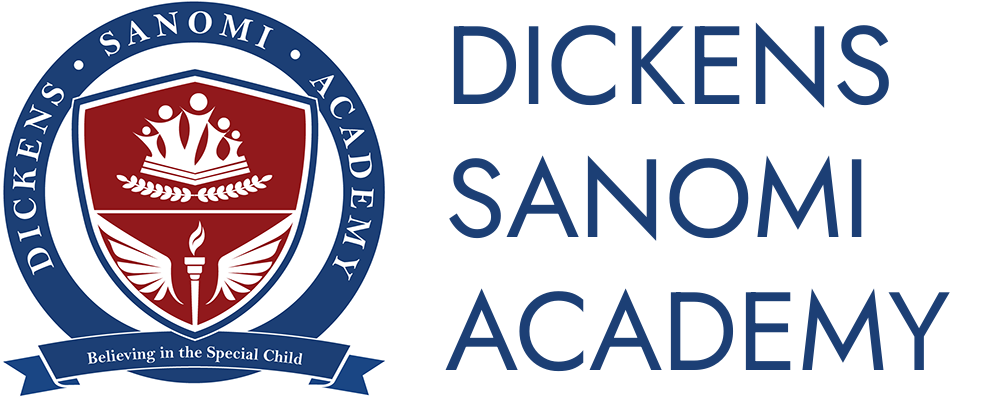Our three NEST programs were created to nurture, educate, special talents in our students with unique abilities. This program caters to our students, ages 5 to 21 with intellectual and developmental disorders.
Students learn in a highly structured, caring environment, designed to teach students functional skills and academics tailored to their individual strengths.
This program is centered around a personalized learning plan that addresses language skill building, life skills, sensory integration, physical education, technology, and vocational skills.
Curriculum
The curriculum of our students is built around each student's Private School Education plan (PSEP). The PSEP is an individualized learning plan with goals and objectives to help students achieve their highest potential.
NEST learning goals and objectives are addressed using our adopted standard-based online curriculum, STAR LINKS. This program provides a personalized program in all general education curricula. It provides evidence-based teaching strategies, with data-driven results, and ensures the capture of students’ progress.
Our program also incorporates an integrated, multidisciplinary approach to learning. This process involves support from speech and language, occupational therapy, and the counseling department.
Kinder NEST Program
3:1 Student / Teacher Ratio.
This program focuses on building communication and language skills while addressing the following:
• School Readiness
• Age-appropriate social skills
• Following class schedules
• Following directions
• Self-grooming
• Safety skills
Lower NEST Program
The curriculum is modified to meet each student’s learning goals. Students participate in all core subjects, while taught require life and functional skills. Students are expected to learn;
• Behavior Management
• Hygiene
• Money management
• Teamwork and Collaboration
• Understanding Social Cues
• Kitchen Skills
• Self-Advocacy
Upper NEST Program (Transition)
This curriculum centers on transitioning. The focus is on community learning. Vocational instruction and on-site training with local business partners. Students are taught:
• Communication skills and strategies within the school and the community.
• Self-Advocacy and self-regulation skills to help manage behaviors.
• Social strategies to help improve social skills and build healthy relationships
